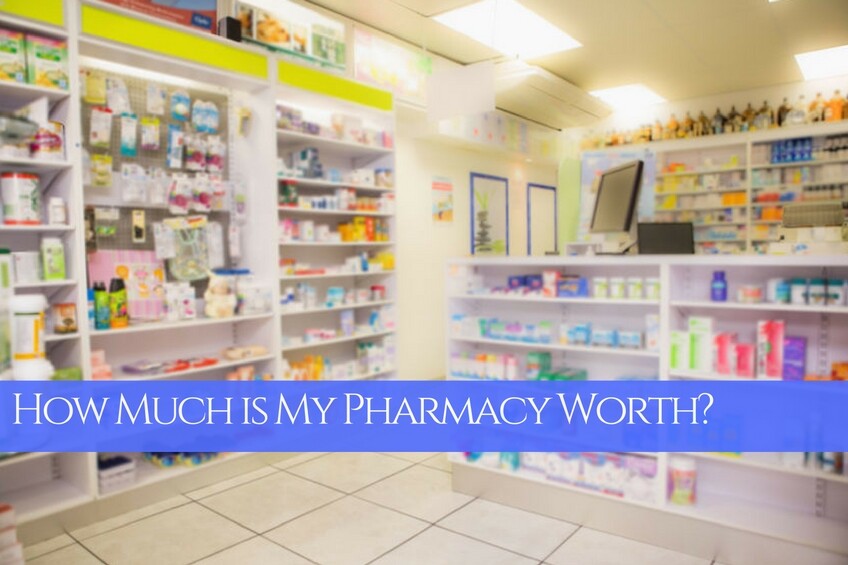By Colony RX
If you are selling your pharmacy, the value of your pharmacy will be based mainly on its profitability TO THE BUYER after the sale.
There are a number of factors to consider when determining this profitability.
If a buyer will operate the business, the key figure that will be looked at is the pharmacy’s EBIDA, which means Earnings Before Interest, Tax, Depreciation and Amortization. EBIDA really means the amount of profit the pharmacy will make after adding back the labor value that the seller provides to the pharmacy. For example, if the seller works 40 hours a week in the pharmacy as PIC, we will look at the profitability minus the cost of a 40 hour/week PIC.
Profitability aside, there are other factors that impact valuation:
Location is important. A pharmacy that is in (or near) a small medical clinic in a small town is not going to command the same multiple of EBIDA as other stores. This is especially the case if the pharmacy is dependent on a small number of prescribers.
Pharmacies in some parts of the US are more sought after than others. Businesses in certain rural areas may struggle to sell because there is simply not the demand. On the other hand, pharmacies in major metropolitan centers usually have more buyers.
Any threat to the viability of a pharmacy will affect its value. For example, any legal or regulatory issues (DEA, Board of Pharmacy), or a loss of key prescribers to the pharmacy.
A major factor affecting a valuation is employment costs, particularly if these are higher than average. The cost of wages impact EBIDA, and if the store is overstaffed, or the staff are overpaid, this can impact valuation. One of the key factors driving employment costs is the number of hours the store is open. It is expensive to keep a store open at 10pm on a Saturday, and there are few people filling prescriptions at this time.
Sometimes we hear a seller say that the buyer can sort out any staffing issues after they buy the pharmacy. However, Colony RX cannot begin its relationship in a pharmacy by making people redundant. It would negatively impact our relationship with the remaining staff and could ultimately diminish patient care.
High rent, unusually expensive properties, owners with unreasonable terms in their lease, or leases which are not renewable will all affect the value of a pharmacy. As a buyer, we intend to operate the pharmacy “forever” and need a long term lease because the location is a valuable component of the goodwill of the pharmacy.
The value of your pharmacy may be impacted if a substantial part of profit comes from institutional business, such as care homes, 340B, prisons, nursing homes, etc. As a general guide, if more than 10% of your prescription business comes from institutional business, it will impact valuation. Business to institutions can be easily lost, despite the existing relationship and quality of service the pharmacy provides. This will also be the case with any non-traditional pharmacy, such as specialty, compounding, special programs, or unusual things the pharmacy does. For example, we once looked at a pharmacy that ran a very large costume shop!
Last, when a chain buys a pharmacy, the two issues they mainly look at are profitability of prescriptions and likely retention. At COLONY RX, we are absolute experts at working with chain stores to show them the maximum possible potential of these variables.
At Colony RX, we look at all of these factors holistically in coming up with a maximum valuation for a pharmacy.
For more information, call us for a free, no obligation discussion. We will give you a ballpark value of your store on the phone depending on which categories of buyers are most likely to be a good fit for you.

